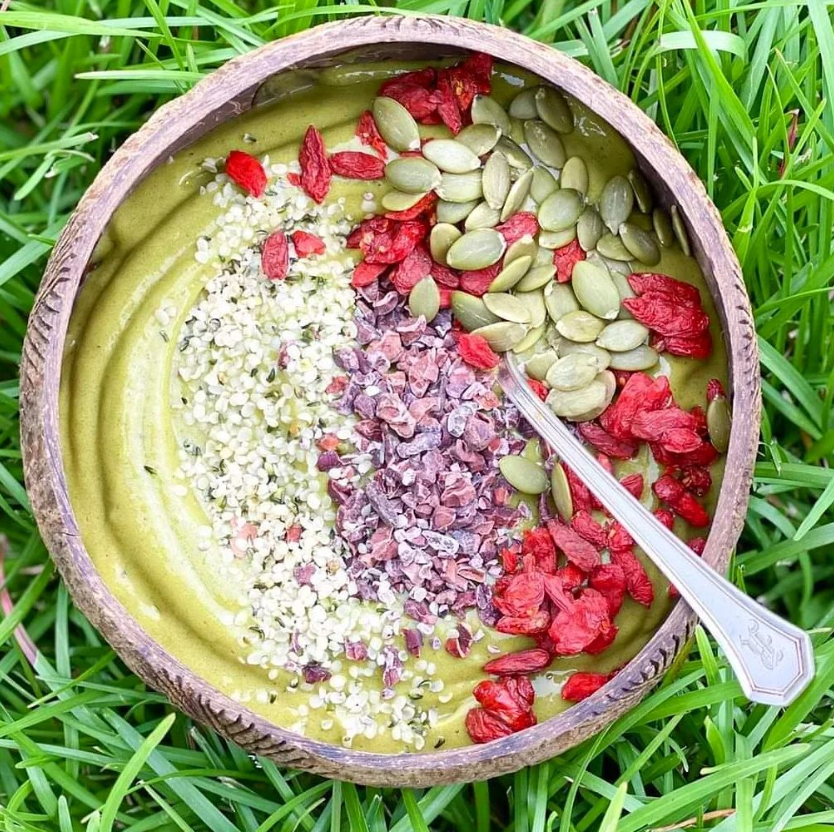Why Organic?
When the term organic is applied to food, it means that the food is grown, harvested, and processed without the use of pesticides, chemical fertilizers, herbicides, GMOs, synthetic chemicals, growth agents, and free from irradiation and chemical sterilization. All organic products must be certified through a USDA accredited agency.
Eating organically grown food reduces your exposure to pesticides.
Research shows that even low-level exposure to pesticides can increase risks of cancer, damage nervous systems, and decrease fertility. Children and women of childbearing age are especially vulnerable.Eating organic foods limits your toxin intake.
The most recent example is the mercury found in over half of products made with high fructose corn syrup—like pop, breakfast cereals, snacks—actually most processed foods!Organic food is often more nutritious.
Studies indicate that organic food often has more nutrients. This makes sense because organic farming supplies rich, organic matter into the soil while industrial farming destroys micro-nutrients.Eating organically protects you from GMOs.
Genetically Modified Foods are banned in organic food but are common in regular foods in your grocery store, like most snack foods and breakfast cereals; especially if they contain corn or soy!Organic farming protects our soil and water.
Industrial farming practices are destroying the precious soil we have as well as producing chemical and animal effluents which leach into rivers, streams, and aquifers destroying water quality for everyone.Organic farming protects farm workers.
Studies find that farm workers exposed to herbicides (and their families!) have greatly increased risks of cancers and respiratory diseases.Organic farming uses less fossil fuel.
Organic farming uses composts, crop covers, and often hand weeding and harvesting. Industrial farming relies entirely on petroleum-based chemical inputs like synthetic fertilizers and herbicides and on oil-guzzling machine power.Want to know more about going organic, check out these great sites:
Organic.org - News, articles, recipes, product reviews, and other resources on organic foods.Organic. It's worth it. - Information on making, getting, growing, and learning about organic foods
How to Go Organic - A guide for farmers, growers, and processors to making the transition to organic.
Organic Trade Association - The OTA's mission is to promote and protect organic trade, to benefit the environment, farmers, the public, and the economy.


